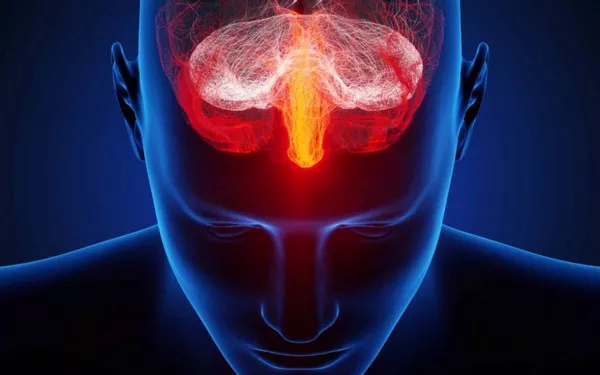United Nations Secretary-General Antonio Guterres marked World Mental Health Day on October 10 with a strong call to dismantle barriers preventing individuals from accessing mental health care. He emphasized the crucial role mental health plays in enabling people to lead fulfilling lives and make positive contributions to their communities.
Globally, one in eight individuals lives with a mental health condition, with women and young people disproportionately affected. Many of them encounter stigma and discrimination.
In alignment with this message of support, the World Health Organization (WHO) and the United Nations Human Rights Office (OHCHR) jointly released guidance on mental health, human rights, and legislation. This guide, titled “Mental health, human rights and legislation: guidance and practice,” seeks to assist countries in reforming legislation to eradicate human rights violations and enhance access to high-quality mental health care.
Key elements of this new approach encompass respecting individuals’ dignity and empowering them to lead healthy, full lives, as highlighted by Tedros Adhanom Ghebreyesus, WHO Director-General. Furthermore, the aspiration is to transform mental health services by adopting a rights-based approach, according to Volker Türk, UN High Commissioner for Human Rights.
Emphasizing the need for a paradigm shift, Tlaleng Mofokeng, the Special Rapporteur on the right to health, called for innovative mental health policy models that prioritize holistic support and address care inequalities.
While some individuals may have a genetic predisposition to mental health issues, the UN-appointed independent rights expert also pointed out that persecution based on gender identity, sexual orientation, religious beliefs, class status, migration status, or disability can negatively impact mental health. This occurs due to discrimination, social exclusion, marginalization, criminalization, and exploitation.
Special Rapporteurs, such as Tlaleng Mofokeng, are part of the Special Procedures of the Human Rights Council. These procedures encompass the Council’s independent fact-finding and monitoring mechanisms. Mandate-holders are independent human rights experts appointed by the Human Rights Council to address specific country situations or thematic issues worldwide. They operate independently of the UN and any government or organization, serving in their individual capacity and without receiving a salary for their work.
World Mental Health Day serves as an opportunity for individuals and communities to rally behind the theme ‘Mental health is a universal human right.’ It encourages the enhancement of knowledge, awareness, and actions that promote and safeguard everyone’s mental health as a fundamental human right.


